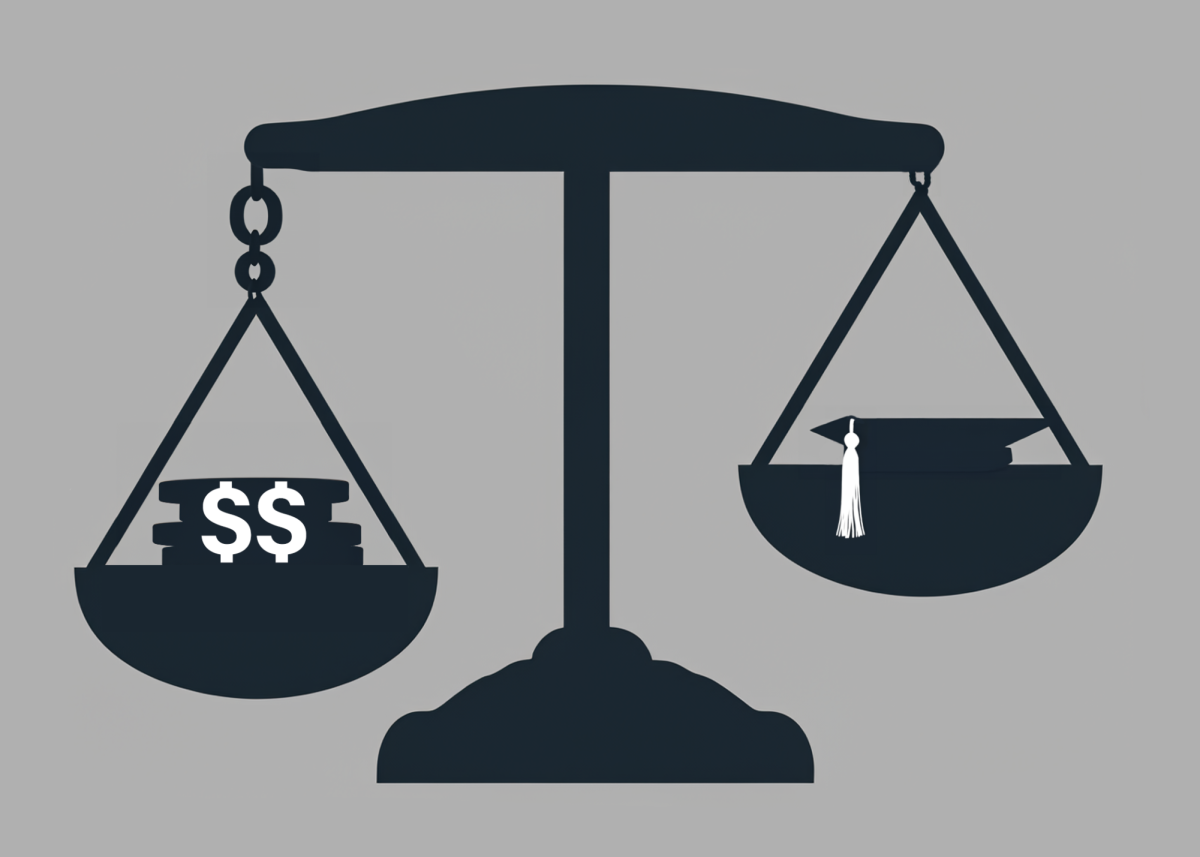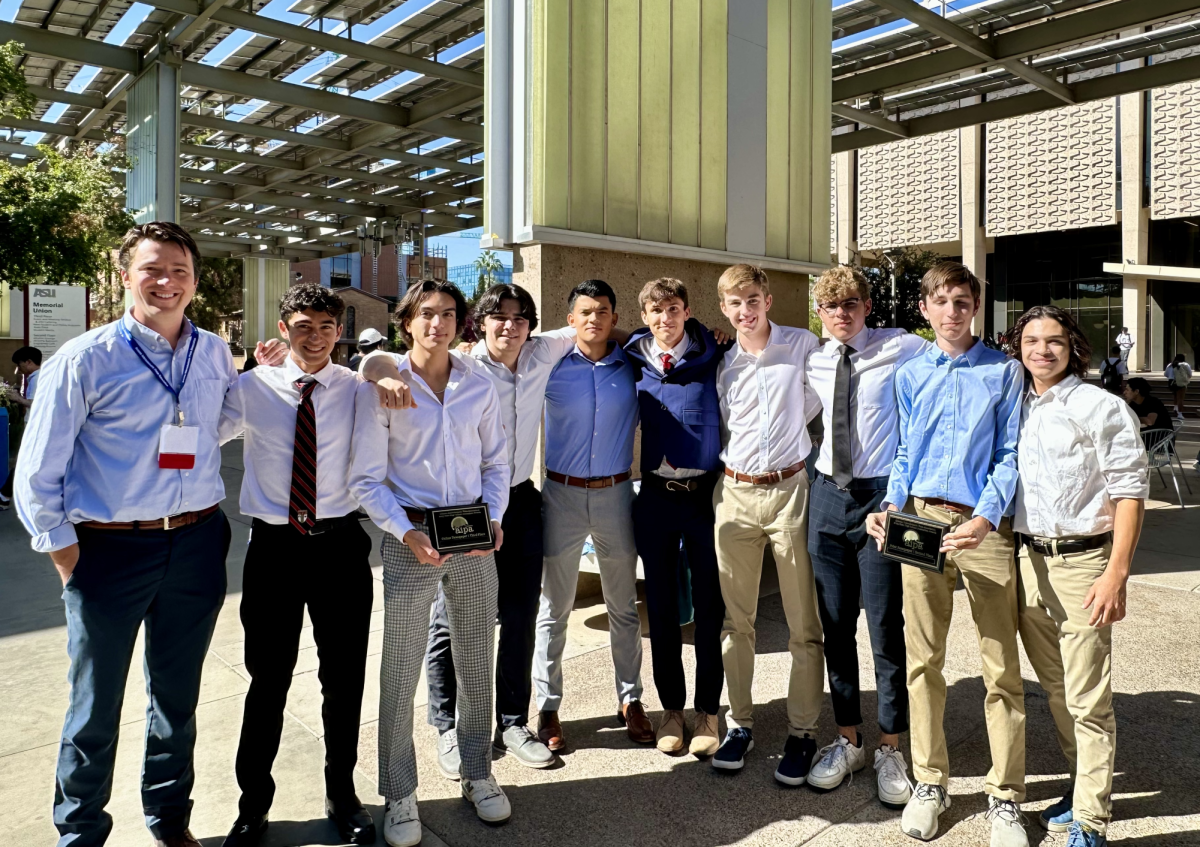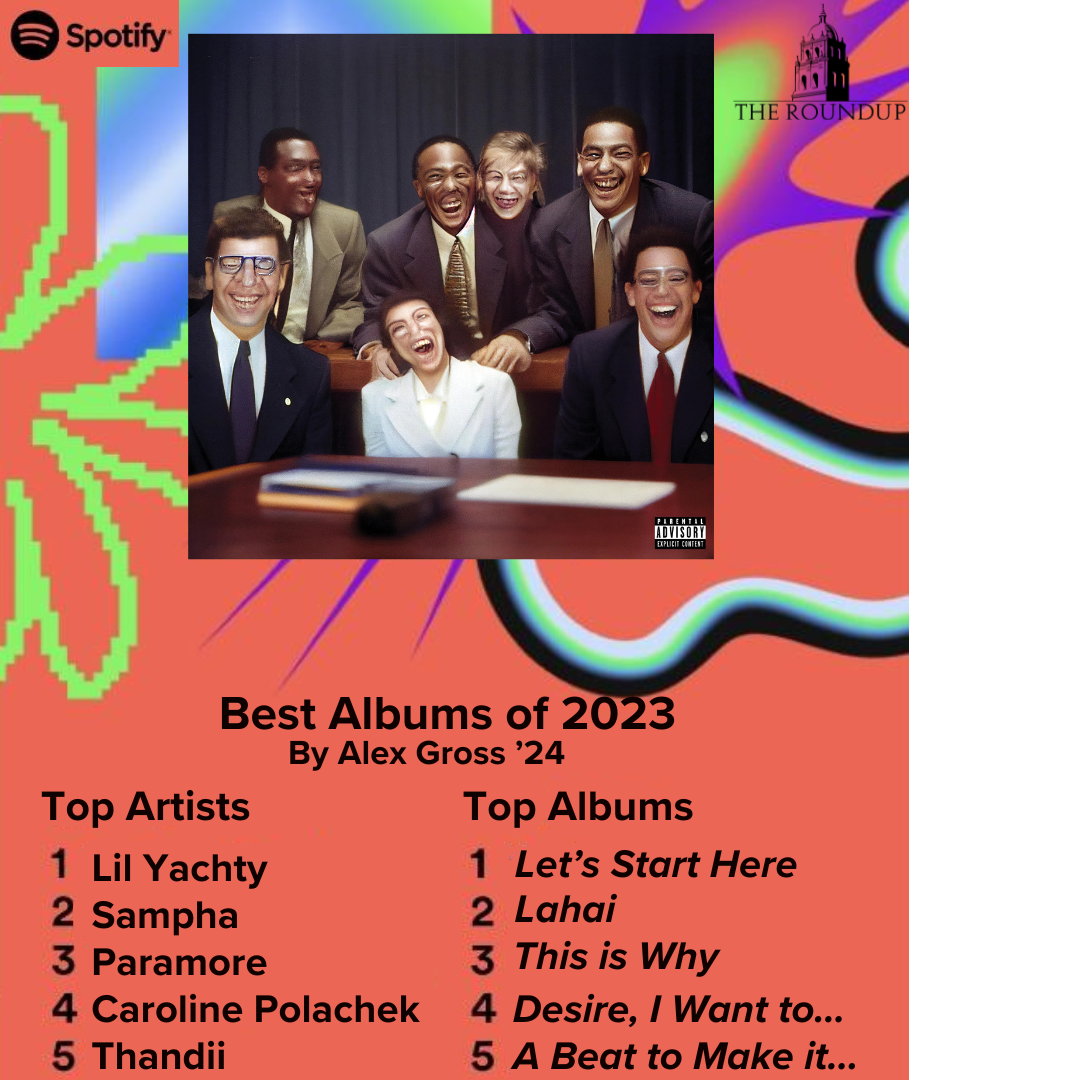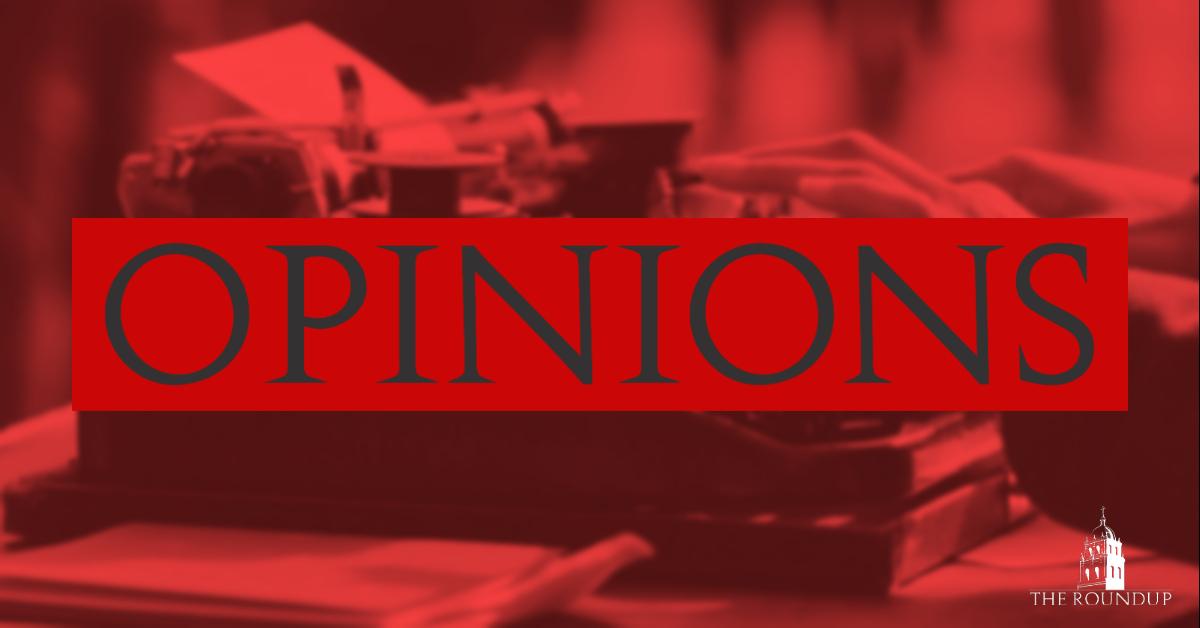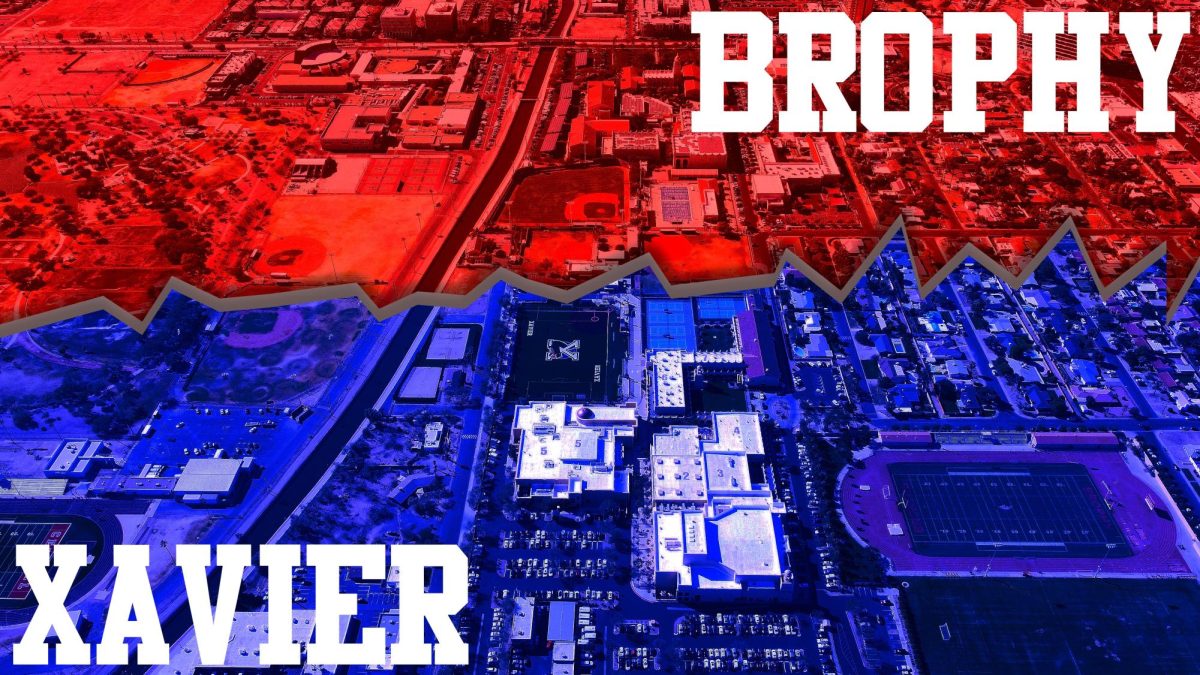PRO/CON
By Nathan Wise ’21
THE ROUNDUP
The “shock” of the 2016 election, an election in which Hillary Clinton was expected to win more swing states and ultimately carry the electoral college, continued a national debate about whether or not the electoral college should decide the presidency. It was argued that like other countries, the presidential election should be decided directly by the people, instead of electors who are selected based on the state’s popular vote.
However, this claim is not well-founded. The electoral college is an institution that must be protected to preserve national unity.
At the Constitutional Convention, the delegates had a difficult time compromising a system that elected the president. One group of delegates refused an initial plan in which Congress would elect the president; the people would have no say in who would become the leader of the executive. Another group of delegates were determined to not give the people a direct popular vote.
The Founding Fathers created the electoral college to ensure that the least populous states would still have a voice in who became the president and not just the largest states.
It is important to note that the electoral college is not a perfect system. In a perfect world, there would be a system that elected the president in which every American was equally represented. This could be attained through a national popular vote.
But the Founding Fathers knew this. The electoral college was a compromise, not a solution that answered or solved every election problem. They also understood that a national popular vote was simply unfeasible––which remains the case today.
The electoral college requires candidates to focus their efforts on cities and states which do not have the largest populations. Candidates must be well-rounded and appeal to citizens from a variety of backgrounds, especially in battleground or “swing” states.
Allen Guelzo, an American historian and Senior Research Scholar at Princeton University, explains, “Clinton’s popular-vote edge in 2016 arose from Democratic voting in just two places — Los Angeles and Chicago.” In the electoral college, candidates focus their efforts on a limited number of states; they can get away with overlooking a portion of the population. But in a direct, popular vote, candidates could overlook almost the entire country, and focus their efforts on the biggest cities.
Instead, in the electoral college, presidential candidates must be able to present a broad platform that attracts multiple groups of people, not just one population. A candidate would not normally travel or focus campaign efforts on Ohio, Florida, Pennsylvania and Arizona––four states with major differences––but they must if they want to appeal to a wide range of voters to garner the 270 necessary electoral votes.
A common counterargument to the electoral college is that it gives more power to individuals in smaller states than in larger states. For example, a voter in Wyoming has about over three times the amount of voting power as a voter in California.
Although this is true, the electoral college sacrifices individual equality for state equality, so the people in smaller states have representation. In a national popular vote, individuals have equal voting power, making the most populous states the most important in elections. However, smaller states with smaller populations and the people that live there would be given significantly less attention by candidates. Having more equal representation for states is more important than equal representation for individuals. After all, we are the United States of America, not the United Individuals.
In today’s highly divisive American political environment, the electoral college is an institution that unites the country––making it necessary for people of all backgrounds to contribute to the political dialogue. For a system that has elected the popular vote winner nearly 91% of the time, why eliminate the electoral college?
See below for article arguing against the Electoral College…


